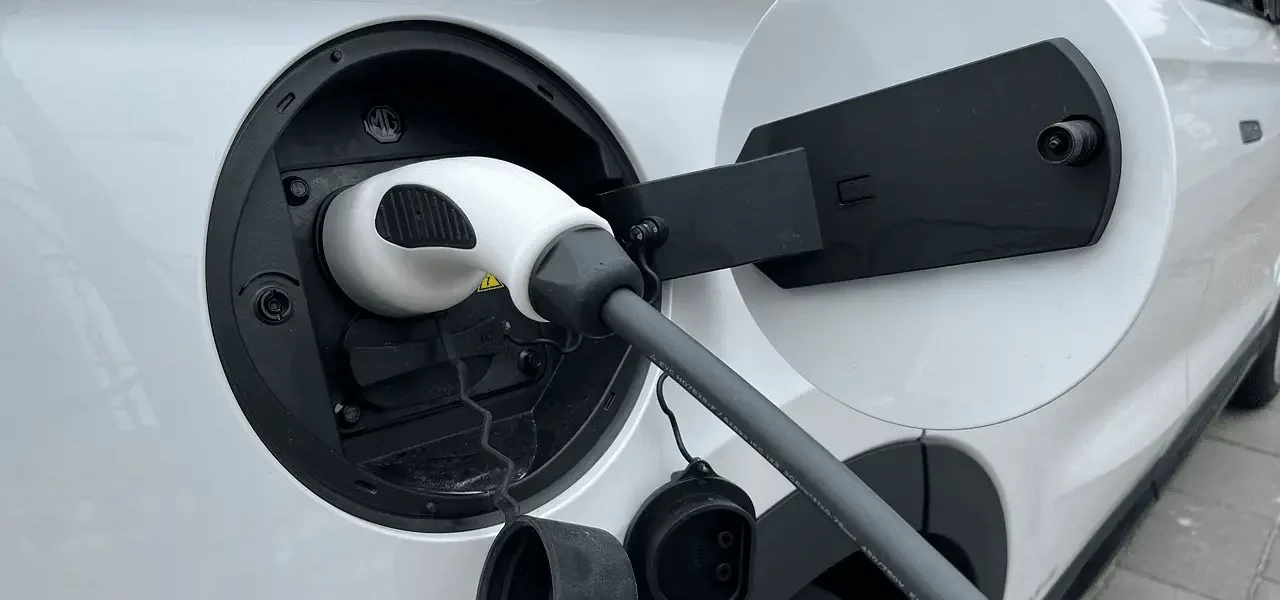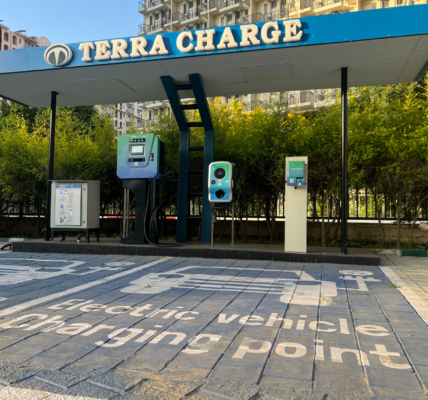India has the potential to occupy a vital role in the global electric vehicle (EV) battery supply chain by expanding mineral processing and producing battery cells but challenges remain, according to think-tank the International Institute for Sustainable Development’s (IISD).
The publication consulted over 25 undisclosed stakeholders, which agreed on India’s “specific short-term advantages” on mineral processing and cell manufacturing to fulfil its domestic demand, in part because of its low labour costs. But it is “less so” on anode and cathode manufacturing, as China’s domination in anode production is expected to persist while a current lack of demand from domestic cell manufacturers struggles to support an emerging cathode industry.
India could carve out its own niche role by capitalising on its close relationship with the US and Australia, building more mineral processing capability to meet non-China related mineral processing demand as countries seek supply chain diversification, according to the IISD publication. It called India’s joining of the Minerals Security Partnership being a step in the right direction, with further expansion of a partnership with the US and Europe being desirable.
The publication pointed out India’s major potential in having a strong domestic battery demand. But businesses reported “the key driver here is actual demand or guaranteed offtakes” and “not potential demand”, with “several players would like to see stronger and more defined regulations on battery uptake” despite the Indian government doing well on creating enabling policies for EVs.
The guaranteed offtake will help domestic cell and cathode manufacturers gain access to private capital, which could attract partnerships with global multinational firms. There is also room for more cell manufacturing incentives and a need for information on state-level subsidies to be made easily available, IISD said.
India’s Production Linked Incentive Scheme for Advanced Chemistry Cell Battery Storage provides federal production-linked subsidies and has a budget outlay of 181bn rupees ($2.17bn). Incentives for 50GWh of battery capacity were awarded in 2022 to four companies after a bidding process that attracted 10 bids, where they are required to set up a manufacturing facility within two years, according to India’s heavy industries ministry. But no major multinational firms participated in the bidding process. Interviews carried out by the publication’s authors revealed one of the reasons being higher levels of upfront subsidies and support to build manufacturing facilities from other countries.
India previously announced that it is planning to invite bids for an extra 20GWh of capacity.







